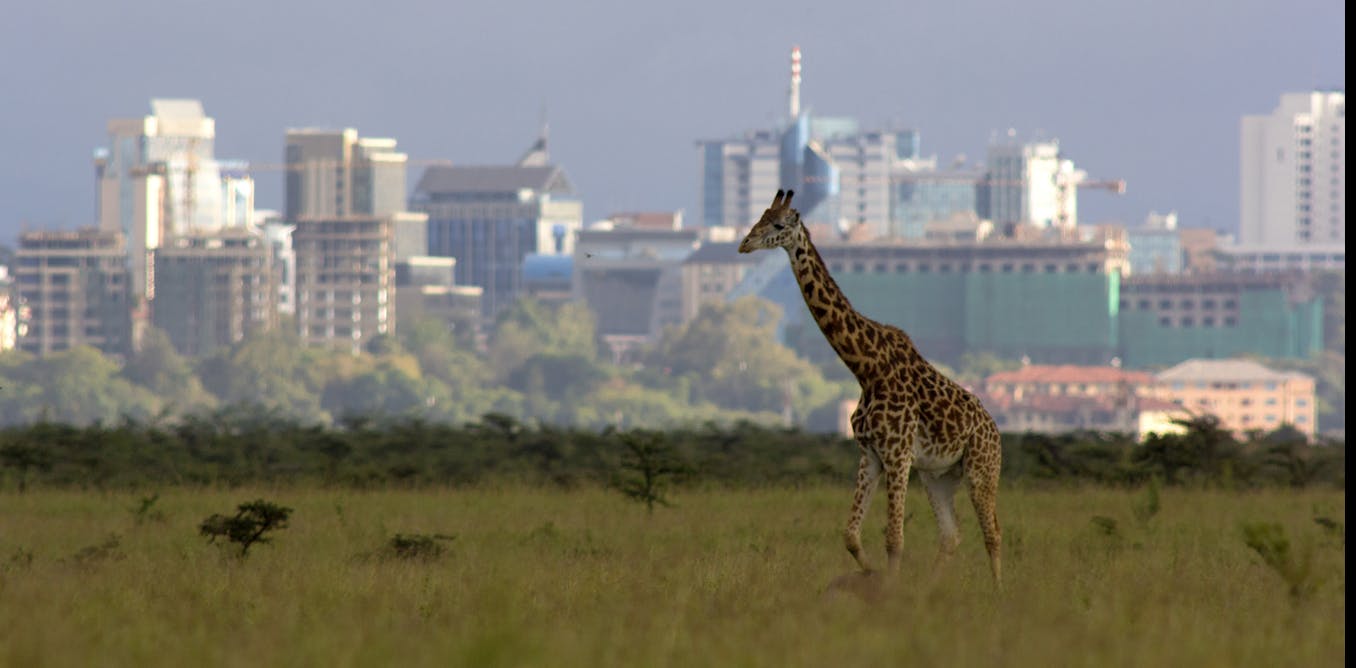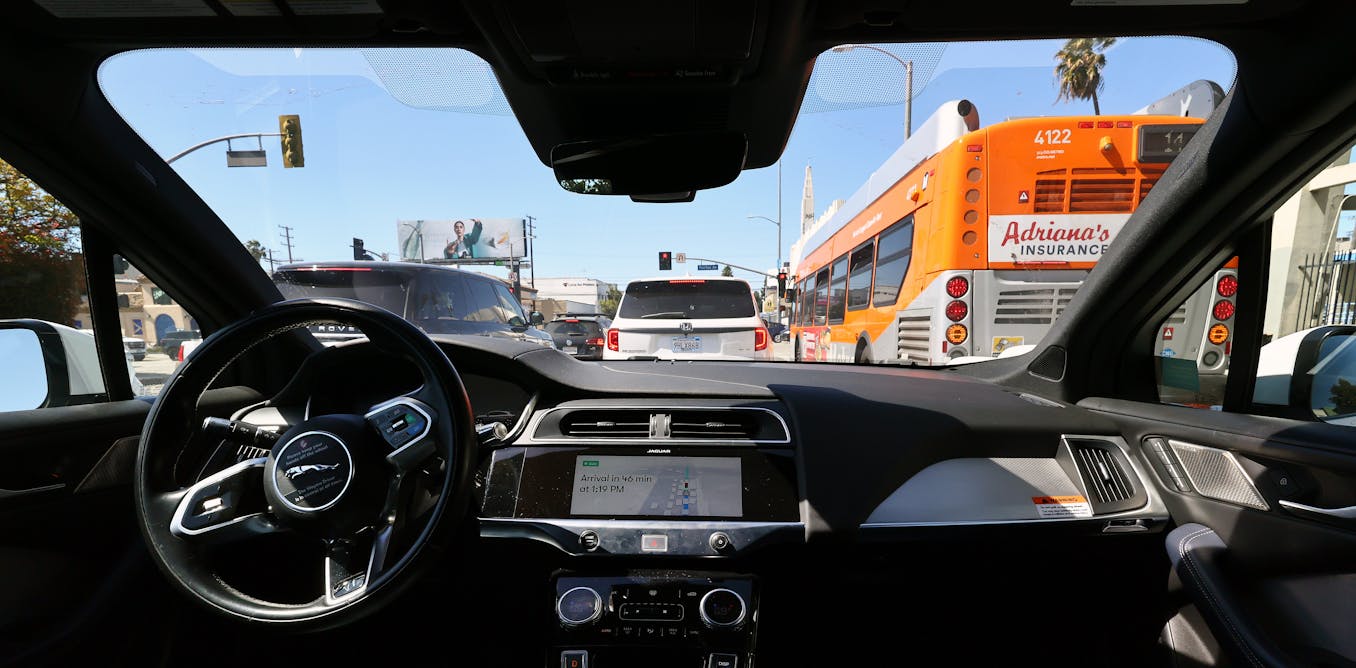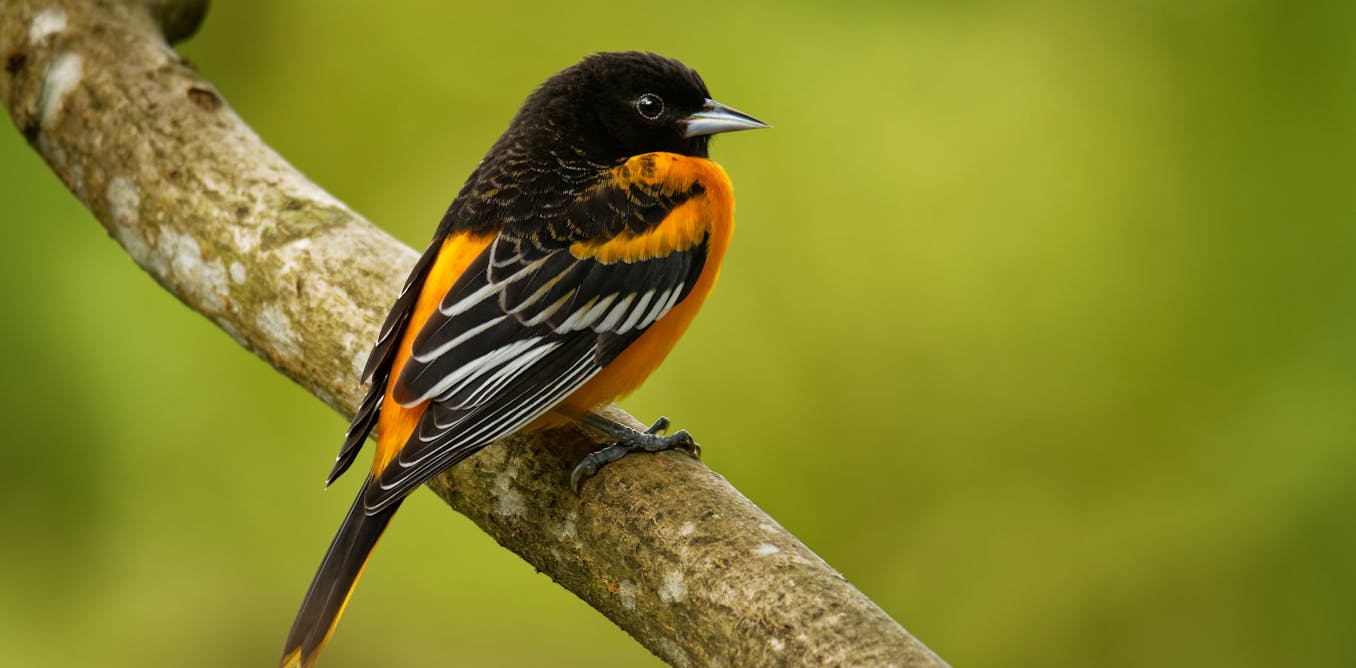As human population grows, people and wildlife will share more living spaces around the world
As the world’s population grows, contact between humans and wildlife will increase in more than half of Earth’s land areas. A new study shows where the largest changes will occur.
Aug. 21, 2024 • ~6 min










